On August 3rd, 1976, in Córdoba, Argentina's second largest city, Fr. James Week and five seminarians from the Missionaries of La Salette were kidnapped. A mob burst into the house they shared, claiming to be police looking for "subversive fighters." The seminarians were jailed and tortured for two months before eventually being exiled to the United States.
The perpetrators were part of the Argentine military government that took power under President General Jorge Videla in 1976, ostensibly to fight Communism in the name of Christian Civilization. Videla claimed to lead a Catholic government, yet the government killed and persecuted many Catholics as part of Argentina's infamous Dirty War. Critics claim that the Church did nothing to alleviate the situation, even serving as an accomplice to the dictators. Leaders of the Church have claimed they did not fully know what was going on, and that they tried to help when they could. Gustavo Morello draws on interviews with victims of forced disappearance, documents from the state and the Church, field observation, and participant observation in order to provide a deeper view of the relationship between Catholicism and state terrorism during Argentina's Dirty War.
Morello uses the case of the seminarians to explore the complex relationship between Catholic faith and political violence during the Dirty War-a relationship that has received renewed attention since Argentina's own Jorge Mario Bergoglio became Pope Francis. Unlike in countries such as Chile and Brazil, Argentina's political violence was seen as an acceptable tool in propagating political involvement; both the guerrillas and the military government were able to gain popular support. Morello examines how the Argentine government deployed a discourse of Catholicism to justify the violence that it imposed on Catholics and how the official Catholic hierarchy in Argentina rationalized their silence in the face of this violence. Most interestingly, Morello investigates how Catholic victims of state violence and their supporters understood their own faith in this complicated context: what it meant to be Catholic under Argentina's dictatorship.
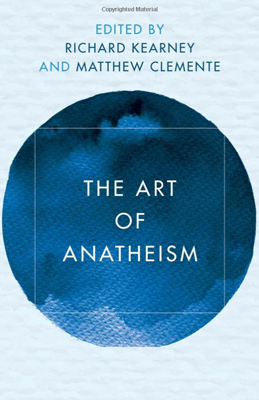
The Art of Anatheism
Edited by Richard Kearney
& Matthew Clemente
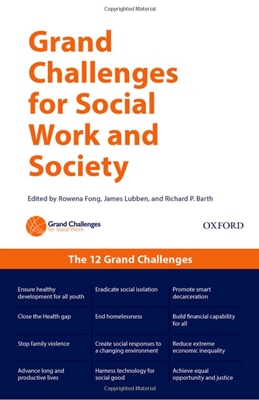
Grand Challenges for Social Work and Society
Edited by Rowena Fong
& James Lubben
& Richard Barth
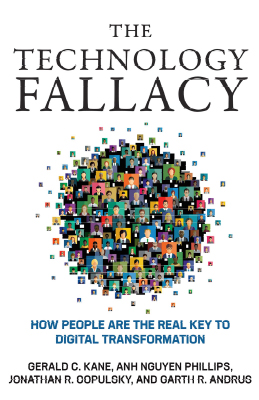
The Technology Fallacy: How People Are the Real Key to Digital Transformation
by Gerald C. Kane
& Anh Nguyen Phillips, Jonathan R. Copulsky, & Garth R. Andrus
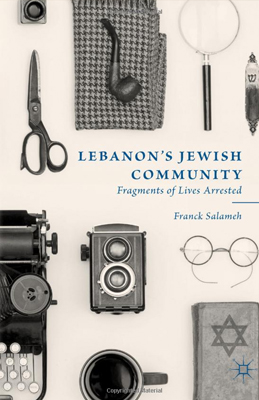
Lebanon's Jewish Community: Fragments of Lives Arrested
by Franck Salameh
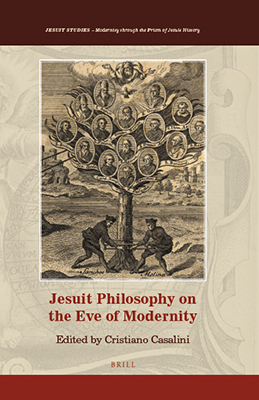
Jesuit Philosophy on the Eve of Modernity
by Cristiano Casalini
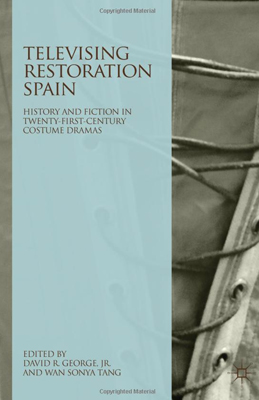
Televising Restoration Spain
by Wan Sonya Tang
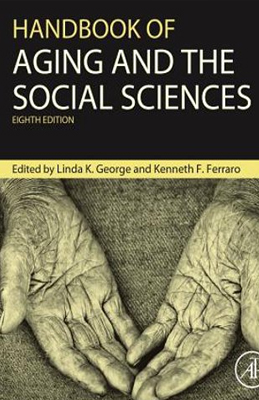
Various Articles
by Joseph F. Quinn, Ph.D
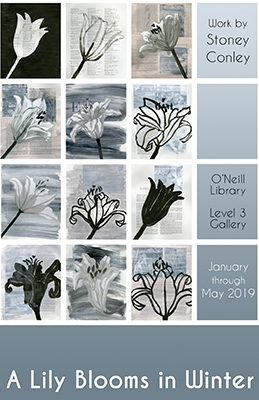
A Lily Blooms in Winter
by Alston Conley
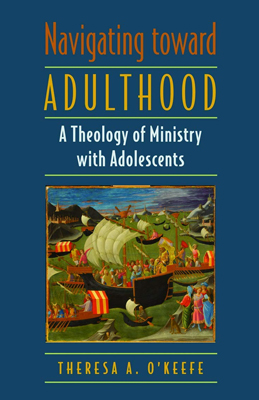
Navigating Toward Adulthood: A Theology of Ministry with Adolescents
by Theresa O'Keefe
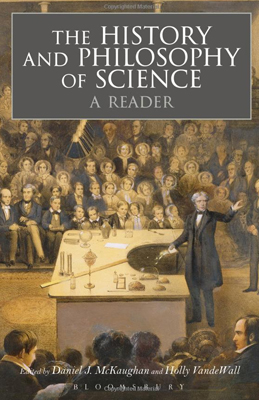
The History and Philosophy of Science: A Reader
by Daniel McKaughan
& Holly VandeWall
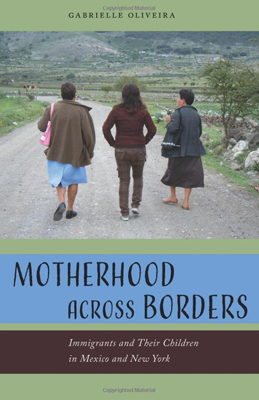
Motherhood across Borders: Immigrants and Their Children in Mexico and New York
by Dr. Gabrielle Oliveira

Redefining Retirement For Nurses; Finding Meaning In Retirement
by Patricia A. Tabloski
& Joanne Evans
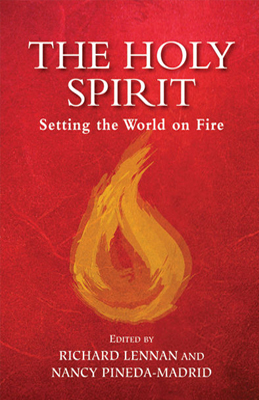
Holy Spirit: Setting the World on Fire
Co-Edited by Richard Lennan
& Nancy Pineda-Madrid
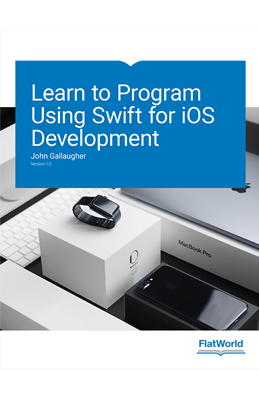
Learn to Program using Swift for iOS Development
by John Gallaugher
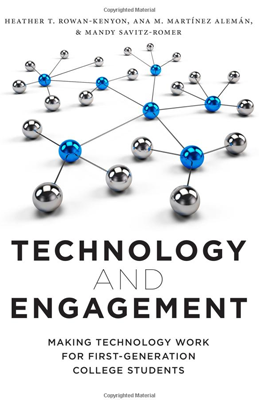
Technology and Engagement: Making Technology Work for First-Generation College Students
by Heather T. Rowan-Kenyon
& Ana M. Martínez Alemán
& Mandy Savitz-Romer, PhD
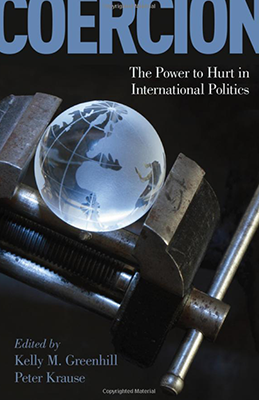
Coercion: The Power to Hurt in International Politics
by Peter Krause
& Timothy Crawford

Why You Eat What You Eat
by Rachel Herz
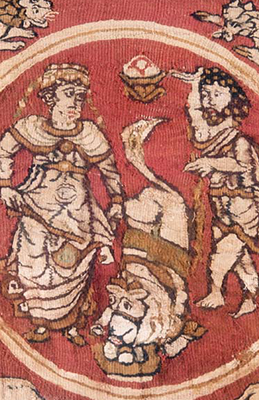
Antique Coptic Textiles in McMullen Museum
by Nancy Netzer
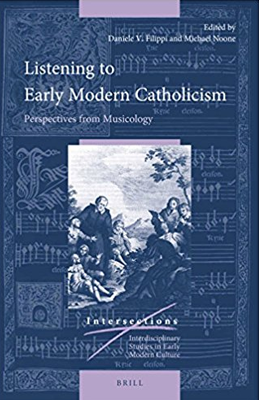
Listening to Early Modern Catholicism: Perspectives from Musicology
Edited by Michael Noone
& Daniele V. Filippi
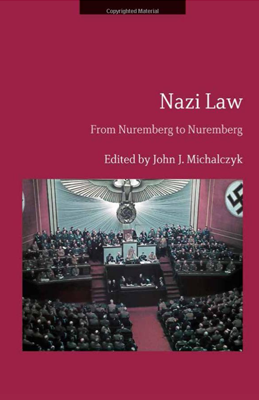
Nazi Law: From Nuremberg to Nuremberg
Edited by John J. Michalczyk
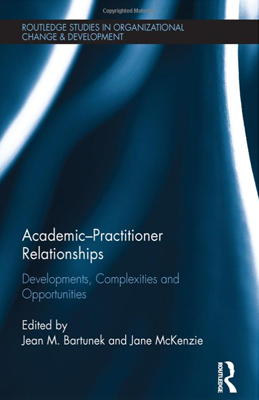
Academic–Practitioner Relationships: Developments, Complexities and Opportunities
by Jean M. Bartunek
& Jane McKenzie
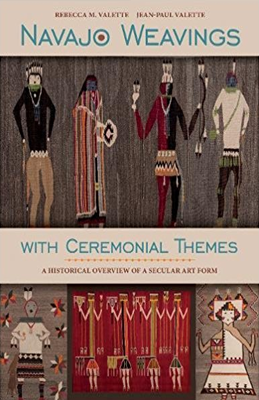

Rebel Power: Why National Movements Compete, Fight, and Win
by Peter Krause
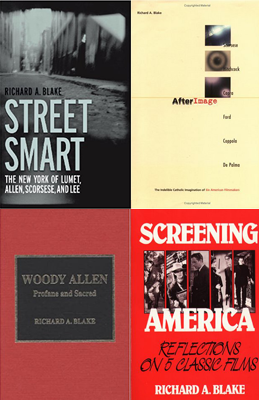
Father Blake on his life long involvement with Film Studies and his twenty-two years at Boston College
by Richard Blake S.J. Ph.D.
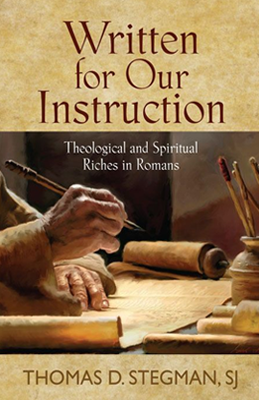
Written for Our Instruction: Theological and Spiritual Riches in Romans
by Thomas D. Stegman, S.J.
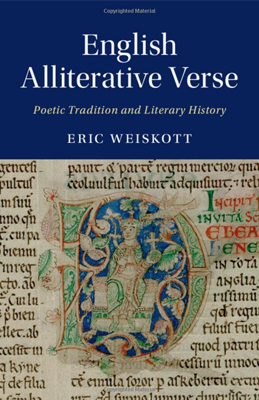
English Alliterative Verse: Poetic Tradition and Literary History
by Eric Weiskott
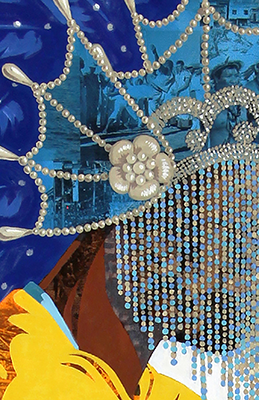
From Neither Here Not There
by Sammy Chong, S.J.
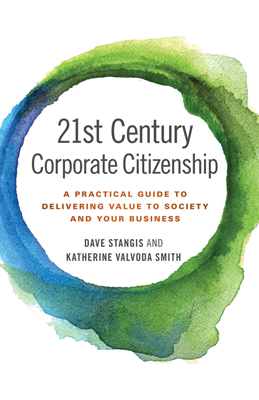
21st Century Corporate Citizenship: a Practical Guide to Delivering Value to Society and Your Business
by Katherine Valvoda Smith and Dave Stangis